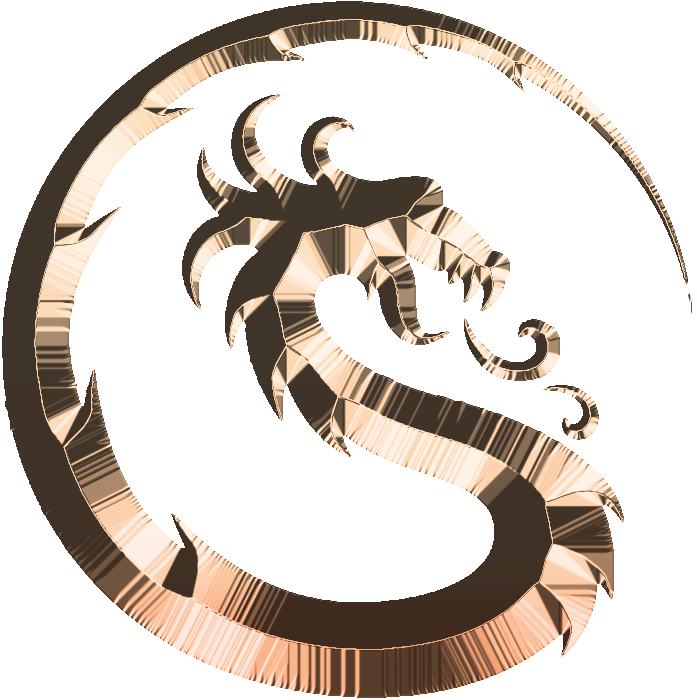Richard Swan’s The Tyranny of Faith is that rare sequel that outshines its predecessor, The Justice of Kings – which happened to be one of the best books I read last year. Suffice it to say that Swan’s Empire of the Wolf series is becoming one of my favorites.
Set in the aftermath of the Battle of Galen’s Vale, the novel finds Emperor’s Justice Sir Konrad Vonvalt returning to Sova, the capital city, simmering with dissent and the stirrings of rebellion. As the fate of the Empire teeters precariously, Vonvalt faces a new threat: members of his own Order, the Magistratum, have betrayed him. Allied with the power-hungry cleric Bartholomew Claver, they aim to overthrow the Empire, seeking to replace secular authority with religious law. The betrayal deepens as these conspirators arm Claver with magical texts from the Order, granting him once-secret powers that could tip the scales irrevocably.
Although Vonvalt plays a pivotal role as the Emperor’s Justice, wielding the powers of a detective, judge, and executioner, it is Helena, his law clerk, who emerges as the story’s hero. She soon learns that Vonvalt has been inflicted with a supernatural illness that is destined to kill him unless they find a cure. But the magical tome that holds the secret to breaking the curse has been stolen. Even more, before they can embark on a quest to retrieve the book, the Emperor’s grandson is kidnapped, and the Emperor orders Vonvalt to find the boy before he does anything about the supernatural ailment that is destroying him.
Vonvalt’s affliction lends a sense of urgency to a plot already brimming with puzzles and political machinations. The architect of the prince’s kidnapping remains shrouded in mystery, yet Vonvalt suspects Claver is behind it all. As Vonvalt’s strength ebbs, Helena rises to confront the looming challenges and unravel the plot that threatens the Empire.
In The Justice of Kings, we glimpsed the supernatural realm accessible to justices during their necromantic seances, but this novel delves deeper into this purgatorial afterlife. Helena’s inexplicable bond with this domain and its sinister inhabitants is more pronounced here, hinting at her pivotal role. The narrative also foreshadows an ominous and malevolent force gaining momentum, poised to become central to the unfolding saga.
Overall, The Tyranny of Faith is a brilliant blend of political intrigue, personal drama, and supernatural adventure. The setting of an empire on the brink of rebellion, combined with high-stakes missions to rescue the emperor’s grandson and find a cure to Vonvalt’s affliction, creates a riveting narrative that kept me turning the pages until the novel’s thrilling end. The third book in the series has yet to be released, but when it is, I’ll be among the first to buy it.


Bill
January 18, 2024 - 8:38 am ·I just finished the first book, and agree it’s excellent, although I think it could have been edited into a slightly shorter version. I plan to read the second after a break.